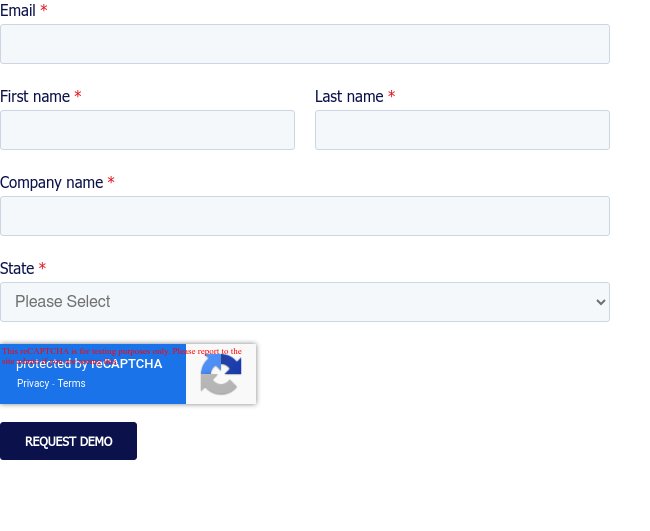South Carolina Regulation 61-84: Section 703 - Individual Care Plans
The regulatory landscape of community residential care facilities is crucial for ensuring the well-being and safety of residents. In South Carolina, Regulation 61-84 serves as the guiding framework for licensing such facilities. Among its provisions, Section 703 - Individual Care Plans stands out as a cornerstone for personalized and comprehensive resident care.
What are Individual Care Plans?
Individual Care Plans (ICPs) are essential documents that outline the specific needs, preferences, and goals of each resident in a community residential care facility. These plans serve as roadmaps for caregivers, ensuring that residents receive tailored care that meets their unique requirements.
Key Components of Section 703:
-
Comprehensive Assessment: Before crafting an ICP, a thorough assessment of each resident's physical, cognitive, emotional, and social needs must be conducted. This assessment forms the foundation upon which the care plan is built.
-
Individualized Goals: The ICP should establish measurable goals based on the resident's assessment. These goals may encompass areas such as mobility, medication management, social engagement, and personal hygiene, among others.
-
Care Strategies: Detailing the strategies and interventions necessary to achieve the established goals is a vital aspect of the ICP. This includes specifying the frequency of care tasks, medication administration protocols, and any specialized treatments required.
-
Resident Preferences: Recognizing and incorporating resident preferences into the care plan is crucial for promoting autonomy and dignity. Whether it's meal choices, recreational activities, or religious practices, respecting individual preferences enhances quality of life.
-
Regular Review and Updates: Section 703 mandates regular reviews and updates of Individual Care Plans to ensure they remain relevant and effective. As residents' needs evolve, their care plans must adapt accordingly to provide the best support.
Benefits of Individual Care Plans:
Implementing Individual Care Plans offers several benefits for both residents and caregivers:
-
Personalized Care: By tailoring care to individual needs and preferences, ICPs ensure that residents receive the most appropriate and effective support.
-
Enhanced Communication: Clear documentation of care goals and strategies facilitates communication among caregivers, residents, and families, fostering collaboration and transparency.
-
Improved Outcomes: With clearly defined goals and strategies, residents are more likely to experience positive outcomes, such as improved health, increased independence, and enhanced quality of life.
-
Regulatory Compliance: Adhering to Section 703 requirements not only promotes resident well-being but also ensures compliance with regulatory standards, reducing the risk of penalties or licensure issues.
Conclusion:
Section 703 of South Carolina Regulation 61-84 underscores the importance of Individual Care Plans in community residential care facilities. By prioritizing personalized care, resident autonomy, and regular review processes, these plans serve as invaluable tools for promoting well-being and safety. By understanding and adhering to the provisions outlined in Section 703, caregivers can uphold the highest standards of care and support for residents in their charge.
Ensure Personalized and Comprehensive Care:
Interested in understanding the requirements for an Individualized Care Plan (ICP) customized to meet your state's unique needs? Let's have a conversation! At ECP, we specialize in providing software solutions that facilitate thorough assessments and build comprehensive ICPs. Our goal is to ensure personalized care that promotes well-being and enhances quality of life.
Note - The information provided on this website does not, and is not intended to, constitute legal advice; instead, all information, content, and materials available on this site are for general informational purposes only. ECP makes no warranties as to the accuracy of this content and does not commit to updating it as regulations change. Readers of this website should contact their attorney to obtain advice with respect to any particular legal or compliance matter.

